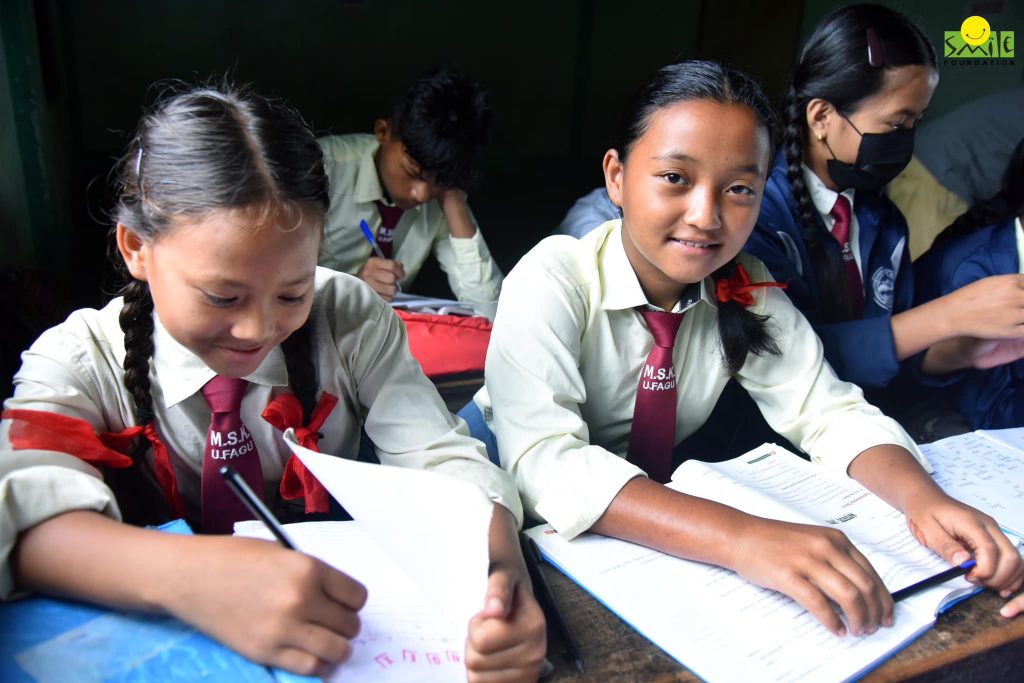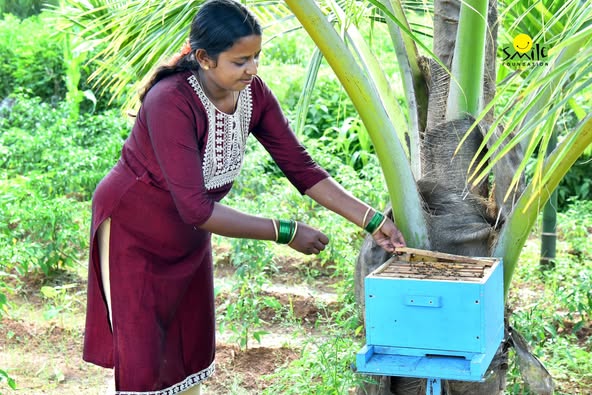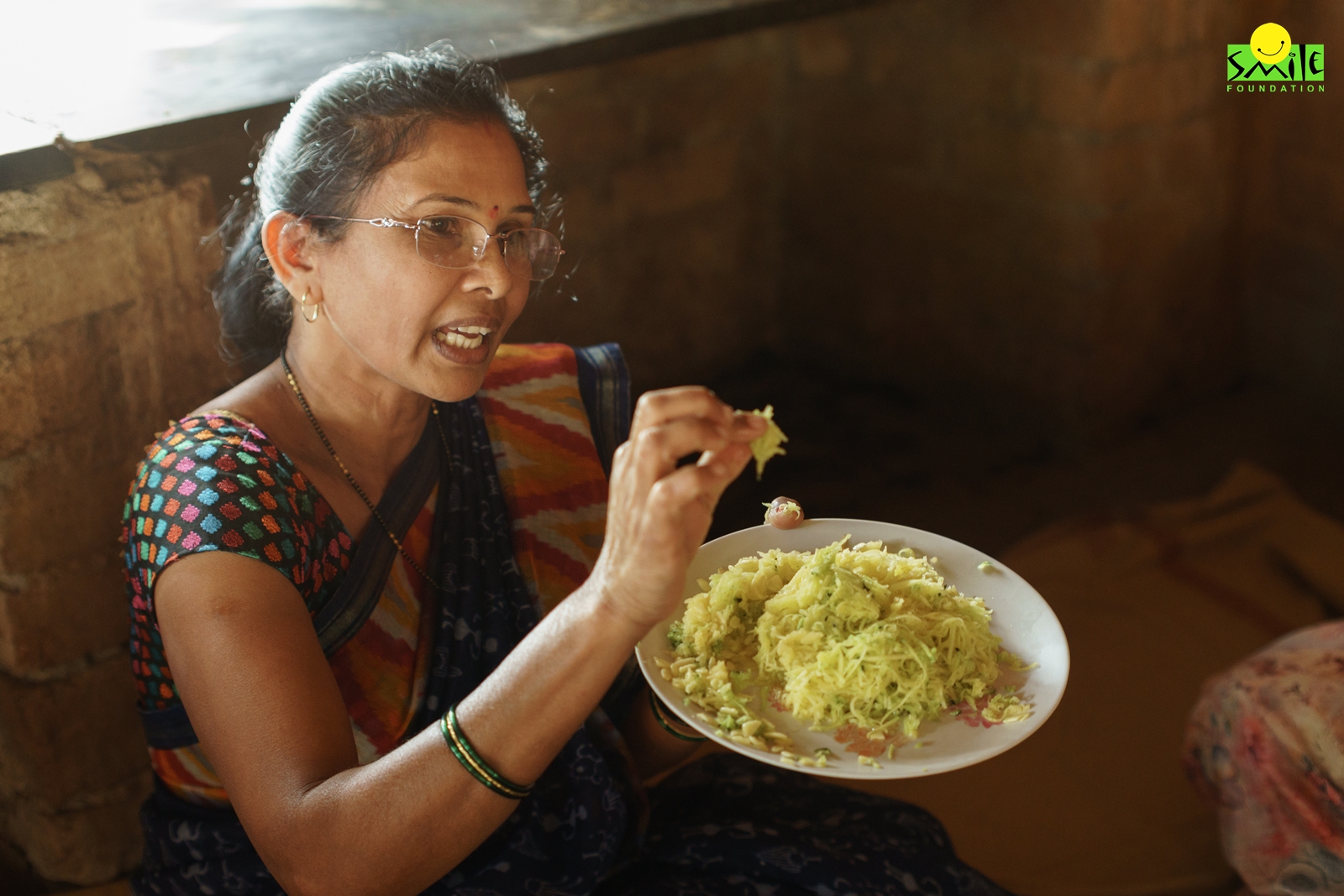A clothing giant recently faced backlash and removed a ‘Back to School fashion’ ad after accusations of sexualizing children, sparked by the slogan ‘make those heads turn’ accompanying images of young girls in pinafore dresses. Feminist Melinda Tankard Reist and psychologist Dr. Pam Spurr criticized the ad, with social media users echoing concerns about inappropriate portrayal. The brand responded by removing the ad and apologizing for any offense caused.
Similarly, another global makeup brand encountered controversy with an ad featuring Love Island star Lana Jenkins, banned for allegedly playing on young girls’ insecurities by implying makeup is necessary for success in school. These ads highlight the need for responsible advertising, especially regarding the portrayal of young girl children, as brands navigate heightened scrutiny.
A pervasive problem: Sexualizing young girls
The sexualization of young girls is a pervasive issue with far-reaching consequences, contributing to societal pressures and perpetuating sexualized violence. It negatively impacts the cognitive functioning of girls, as well as their physical and mental health. The sexualization occurs when the value of a girl is solely tied to her sexual appeal or behavior, when she is objectified, or when sexuality is inappropriately imposed upon her.
Sexualization is prevalent across various media platforms, including TV shows, movies, ads, video games, and social media. Girls often face pressure to conform to societal standards of attractiveness, leading to behaviors such as wearing revealing clothing, posting sexualized images online, and engaging in inappropriate activities like watching porn. The media plays a significant role in shaping these perceptions, with female role models often depicted in sexually suggestive ways.
The impact of media sexualization on the mental health of girls is profound. Exposure to unrealistic portrayals of girls their age can lead to internal conflict, confusion, and self-loathing. Without a healthy understanding of media representations and the realization that they don’t need to conform to these ideals, girls may internalize these messages and develop unhealthy attitudes towards themselves.
Affecting both bodies and minds
Moreover, sexualization by individuals in the lives of girls, such as friends, family members, or acquaintances, can also be detrimental. When girls are objectified or subjected to sexual comments or behavior, they may internalize the belief that their worth is tied to their sexual appeal. This can lead to feelings of inadequacy, low self-esteem, and a distorted self-image.
The mental health implications of sexualization are significant. Girls who experience sexualization firsthand may suffer from anxiety, depression, or even post-traumatic stress disorder (PTSD). They may struggle to cope with the emotional distress caused by objectification and may resort to harmful coping mechanisms such as self-harm or disordered eating.
Low self-esteem is a common consequence of sexualization, manifesting in sensitivity to criticism, social withdrawal, and negative self-talk. Girls with low self-esteem may struggle academically and socially, leading to issues with performance and decision-making.
Anxiety is another prevalent mental health issue among girls, often characterized by avoidance behaviors, irritability, and physical symptoms such as restlessness or changes in eating habits. Girls may also develop eating disorders as a result of societal pressures to conform to unrealistic beauty standards portrayed in the media.
Depression is a significant concern, with girls experiencing depressive episodes more frequently than boys. Symptoms may include feelings of hopelessness, low energy, and loss of interest in previously enjoyed activities. Suicidal thoughts and self-harm are also distressing consequences of sexualization, with many girls feeling overwhelmed by the emotional turmoil caused by objectification and societal pressure.
Corrective measures to stop sexualizing young girls
Ending the sexualization of young girls requires a concerted effort from individuals and society as a whole. Promoting realistic portrayals of women in the media and empowering girls to resist societal pressures are crucial steps. Mentoring programs, access to mental health services, and open conversations about the harms of sexualization can also support girls’ well-being.
By challenging harmful stereotypes and advocating for change, we can create a society where young girls are valued for their intelligence, talents, and contributions, rather than their physical appearance. As parents, educators, and community members, we have a responsibility to protect and empower our girls, ensuring they grow up in a world free from the damaging effects of sexualization.









